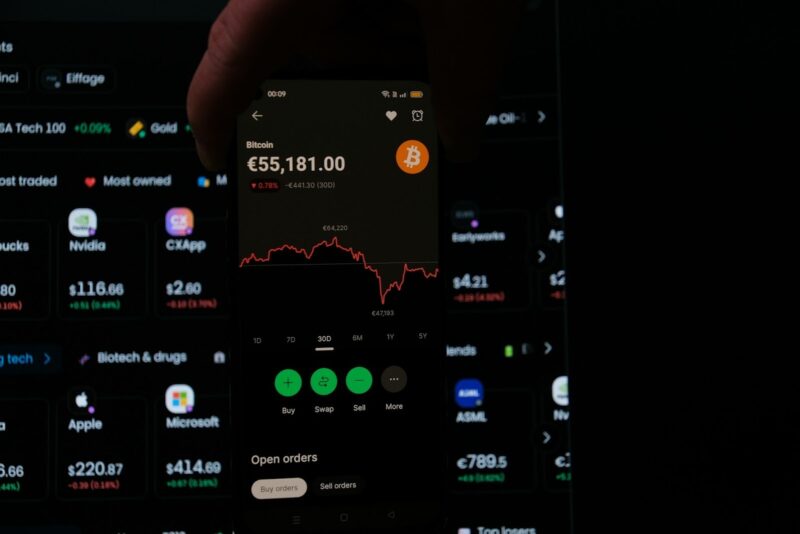Table of Contents
ToggleThe digital gambling landscape is evolving rapidly. Web3 technology introduces decentralized platforms. These systems use blockchain for transparency. Players enjoy secure transactions globally. For instance, Blackjack onine games now integrate crypto payments. This shift enhances user control over funds. It also reduces traditional banking delays.
- Global crypto gambling revenue reached $14.2 billion in 2023.
- Over 68% of new gambling platforms launched in 2024 use smart contracts.
- Ethereum processes 42% of all crypto gambling transactions as of March 2024.
- Provably fair games attract 55% more players than traditional online slots.
- By 2025, experts predict 80% of bonuses will be token-based.
- A single jackpot on a Web3 platform paid out 2,500 ETH in January 2024.
- Decentralized platforms saw a 310% user growth from 2022 to 2024.
The Rise of Decentralized Gaming
Blockchain technology transforms player trust. Every transaction is recorded publicly. This prevents manipulation of game outcomes. Players verify each spin or card shuffle independently. Smart contracts automate payouts instantly. This system eliminates withdrawal delays. Crypto wallets replace traditional accounts. Users maintain full custody of their assets. Security improves significantly with encryption. Anonymity protects user privacy during play.
How Crypto Enhances Player Rewards
Digital currencies enable innovative reward structures. Tokens can represent loyalty points or stakes. Many platforms offer special bonuses for using specific cryptocurrencies. These incentives often include deposit matches or free spins. Tokenization allows unique jackpot distributions. Players receive fractions of large prizes automatically. This creates more frequent smaller wins. Rewards become transferable across platforms. Gamers trade or sell earned tokens freely. This flexibility increases asset utility and value.

Integrating Traditional Games with Web3
Classic casino games adapt to blockchain environments. Card games like poker use verifiable randomness. Slot machines display their algorithms openly. This transparency builds user confidence. Developers create hybrid experiences. They blend familiar gameplay with crypto benefits. Popular titles attract both new and experienced gamblers. The fusion maintains engaging mechanics while adding financial innovation. This approach speeds up mainstream adoption of Web3 features.
Future Trends in Crypto Gambling
Regulatory frameworks continue developing worldwide. More countries recognize cryptocurrency legally. This acceptance will expand market access. Interoperability between platforms grows crucial. Gamers want seamless asset transfers. NFTs may represent unique in-game items or achievements. Artificial intelligence could personalize gaming experiences further. These advances will make platforms more intuitive and engaging for diverse audiences.
Web3 gambling platforms merge cutting-edge technology with classic entertainment. They offer greater transparency, security, and user control. Crypto integration provides faster transactions and innovative rewards. This evolution benefits both operators and players globally. The industry’s future lies in balancing innovation with reliable, enjoyable gaming experiences.





